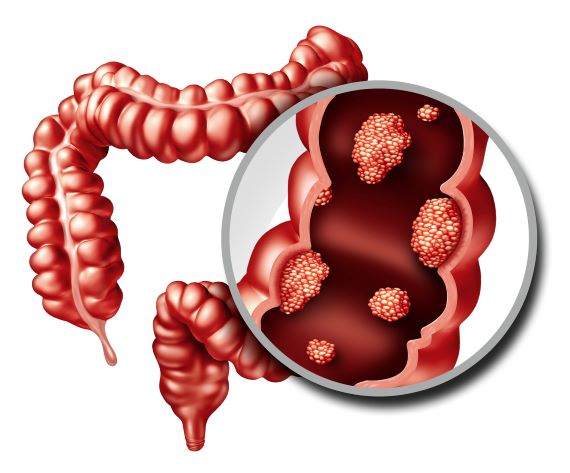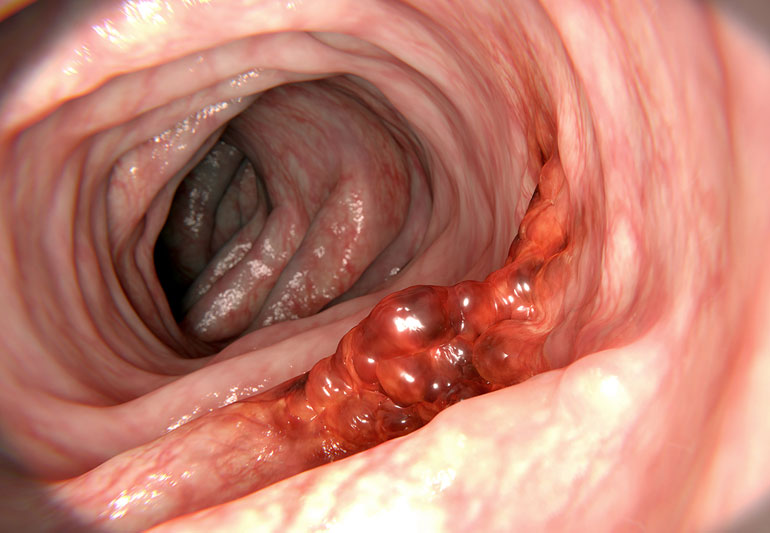Latest post
Post Categories
- No categories
Colon Cancer Treatment in Hyderabad
Understanding the Overview of Colon: Causes, Symptoms, Diagnosis, Surgeries, and Advantages
Explore the comprehensive overview of colon, including its causes, symptoms, diagnosis, and various surgical procedures such as low anterior resection, laparoscopic surgery, robotic surgery, and advantages. Delve into the role of fluorescence-guided surgery and multidisciplinary teams in managing colon-related conditions.
Introduction
The colon, an integral part of the digestive system, plays a crucial role in absorbing water and electrolytes, and storing and eliminating waste. Understanding its nuances, including causes, symptoms, diagnosis, and treatment options, is essential for addressing colon-related conditions effectively.
Causes of Colon Disorders
Exploring Etiological Factors:
- Genetic predispositions and familial history.
- Dietary factors and lifestyle choices.
- Inflammatory bowel diseases and infections.
Symptoms of Colon Disorders
Identifying Telltale Signs:
- Abdominal pain and discomfort.
- Changes in bowel habits.
- Rectal bleeding and unexplained weight loss.
Diagnosis of Colon Disorders
Navigating Diagnostic Modalities:

- Colonoscopy and sigmoidoscopy.
- Imaging studies: CT scans and MRI.
- Laboratory tests: Fecal occult blood test and stool analysis.
Surgical Interventions for Colon Disorders
- Hemicolectomy
- Laparoscopic Surgery
- Robotic Surgery
- Fluorescence-Guided Surgery
Role of Multidisciplinary Teams (MDT)
Collaborative Approaches:
- Importance of MDT in managing colon disorders.
- Enhancing patient care through interdisciplinary collaboration.

Frequently Asked Questions (FAQs) about Colon Disorders
While certain risk factors are beyond control, adopting a healthy lifestyle and undergoing regular screenings can reduce the risk of colon cancer.
Persistent abdominal pain, changes in bowel habits, rectal bleeding, and unexplained weight loss are potential warning signs that warrant medical attention.
Recovery time varies depending on individual factors and the extent of surgery but typically ranges from a few weeks to several months.
Both laparoscopic and robotic surgeries offer benefits such as faster recovery and reduced scarring, with the choice often depending on the surgeon’s expertise and patient-specific factors.
In some cases, lifestyle modifications, medications, and other non-surgical interventions may manage colon disorders effectively, especially in early stages.
Fluorescence-guided surgery enhances visualization of tumor margins, allowing surgeons to achieve more precise resections and potentially improving long-term outcomes.
Conclusion
This comprehensive overview sheds light on colon-related disorders, encompassing causes, symptoms, diagnosis, and various surgical interventions. By understanding the nuances of each aspect and exploring innovative techniques like fluorescence guided surgery, healthcare providers can offer optimal care, emphasizing the importance of multidisciplinary collaboration in improving patient outcomes.
